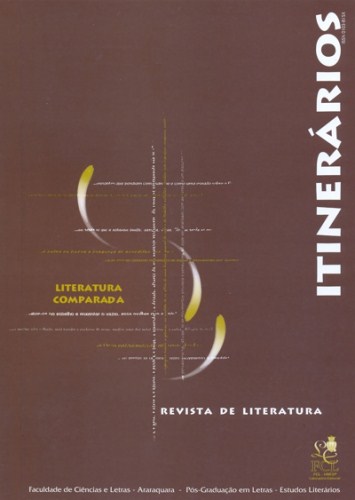Iracema by José de Alencar and Heroides by Ovid
DOI:
https://doi.org/10.58943/irl.v0i33.4861Keywords:
José de Alencar, Iracema, Ovíd, Heroides, Medeia, Comparative literature,Abstract
The books on literature teach that Romanticism, centered in the romantic I and in its conflicts and libertarian wishes, breaks the classical codes of the poetics of Arcadianism. In Iracema: a lenda do Ceará, Alencar narrates the union of the native Iracema with Martim, the Portuguese settler who fascinated her, and this union gave birth to Moacir, an offspring of the first mixture of races in the Brazilian land. The raw material ficcionalized in this novel by Alencar has, on one hand, a historical level, since characters such as the colonizer Martim and the indigenous Camarão are officially registered in the historical records, and on the other hand, the heroine is a fictitious character, whose features are taken from the mythological Greek women. This debt to the classical tradition, intermediated by the Latin poet Ovid, is recognized by José de Alencar in a postface-letter where he says that he composed “a heroide” that is about the Brazilian indigenous traditions and habits. (ALENCAR, 1978, p.88).Downloads
Issue
Section
Comparative literature
License
Os manuscritos aceitos e publicados são de propriedade da revista Itinerários. É vedada a submissão integral ou parcial do manuscrito a qualquer outro periódico. A responsabilidade do conteúdo dos artigos é exclusiva dos autores. É vedada a tradução para outro idioma sem a autorização escrita do Editor ouvida a Comissão Editorial.

